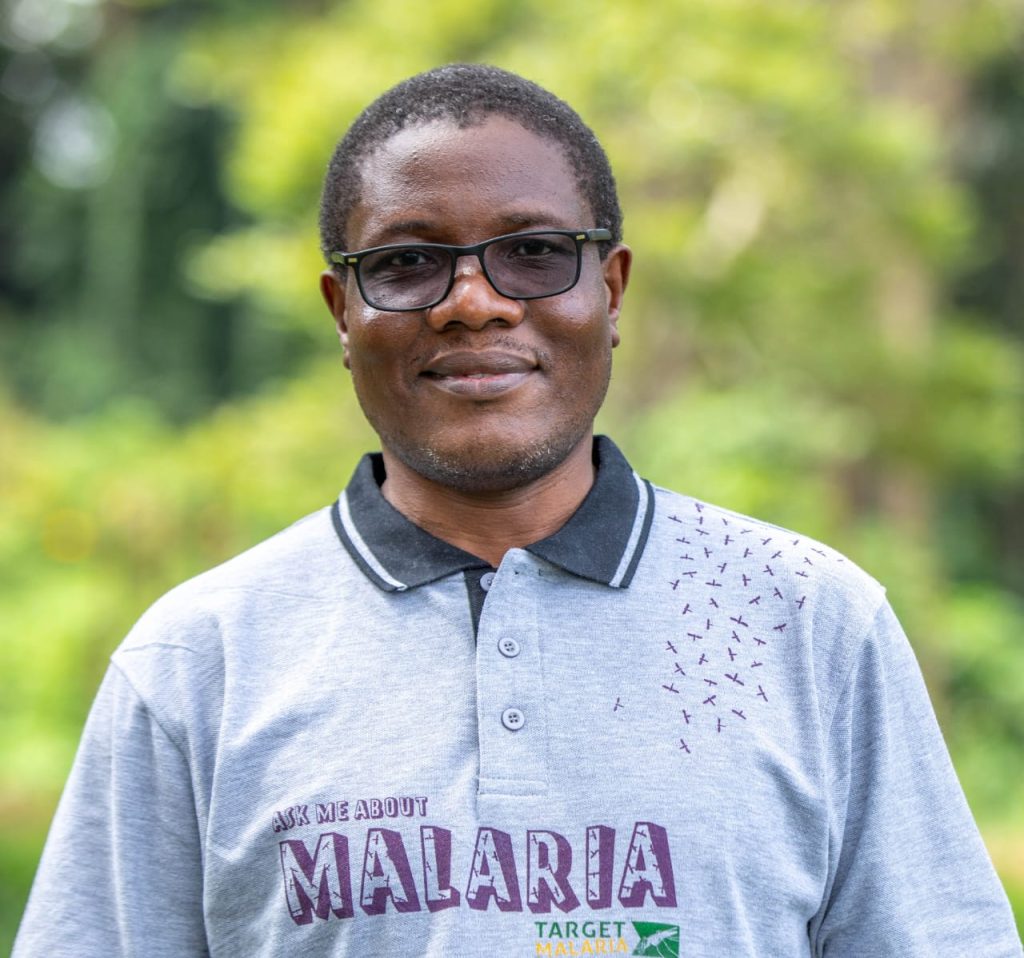KAMPALA: Malaria remains a huge challenge with more than 263 million infections globally leading to over 597,000 deaths in 2023 (WHO, 2024). Africa still bears the brunt of the global malaria burden—with 94% of cases occurring on the continent. According to the World Health Organisation’s (WHO) 2024 World Malaria Report, approximately two thirds of global malaria cases and deaths are concentrated in 11 African countries: Burkina Faso, Cameroon, Democratic Republic of the Congo, Ghana, Mali, Mozambique, Niger, Nigeria, Sudan, United Republic of Tanzania and Uganda.
In Uganda, over 15 million infection cases and over 12,000 deaths were reported countrywide in 2023 (WHO, 2024). While the world must join hands with Africa to put an end to malaria, the disease remains a deeply local public health issue and a challenge for African scientists. Eliminating malaria demands African leadership, innovation, and investment. While some progress globally has been made in combating malaria, it is not enough, nor paced fast enough. While existing prevention methods like drugs, bed nets, and insecticides. have saved millions of lives, they will likely be unable to take us to disease elimination.

“The reality is children under five and pregnant women are the most at risk of malaria in Uganda and this deadly disease hits the poorest hardest, fueling a cycle of poverty, underproductivity, underinvestment, impeding overall development; and this status should not be acceptable,” said Principal Investigator Target Malaria Uganda, Dr Jonathan Kayondo.
Uganda’s annual expenditure on malaria is estimated to exceed US$500 million, primarily due to the economic losses caused by the disease, including healthcare costs and lost productivity “Imagine what our country could achieve if the resources spent on malaria were freed up for education, infrastructure, and economic growth. But we will only get there if we match bold innovation with bold investment,” added Dr Kayondo.

Now, the global fight against malaria must intensify in light of global aid decreases. Target Malaria remains at the forefront of scientific innovation in its commitment to eliminating the deadly disease. Target Malaria in collaboration with the Uganda Virus Research Institute (UVRI) are developing gene drive technology as a potential tool for novel vector control complementary to other control methods, and is expected to offer a cost-effective and sustainable approach to control malaria.
The UVRI-Target Malaria approach is to develop, in the laboratory, mosquitoes with select modified genetic trait/s impacting fertility or development, that when released will spread fairly quickly within a few generations, due to the gene drive, resulting in reduced ability of the wildtype mosquito population to reproduce, and hence a reduction in numbers leading to prevention of malaria transmission. Our technology is innovative in the sense that the modified mosquitoes spread the trait themselves leading to mosquito control by mosquitoes thus making the approach provide protection from malaria transmitting mosquitoes for everyone in the community, regardless of their education, wealth or ability to access healthcare services”. “For this World Malaria Day (April 25th, 2025), now is the time to double down on our efforts for finding new control solutions because eliminating malaria isn’t just possible—it’s inevitable, if we choose to fight for it together,” Dr Kayondo said.

Commenting on gene drive technology, Research Associate, Krystal Birungi said the genetically modified with Gene drive is aiming to reduce the malaria spreading mosquitoes in the country. “The genetically modified mosquitos with gene drive is basically a method where you’d be using mosquitos to control mosquitos. So the first step is to modify a mosquito with something that would be useful to us. So target malaria has selected to affect the malaria mosquitos fertility by reducing the number of eggs that a mosquito would be able to lay, but also by biasing the sex ratio so that instead of producing half female and half male eggs, then almost all the eggs produced would be male, which don’t bite and which don’t spread malaria.
“Target Malaria has been working on developing this modified mosquitos with gene drive technology for quite a few years now. It is a project that has been going on since the early 2000s and it has grown from just an idea to finally being close to, I would say, an actual mosquito that could, that could be used for malaria mosquito control. We are still some years away from a final from a final product, I would say. And currently we are at lab contained lab studies. We hope that we shall have a tool that can be ready by 2030,” she said.
“Target Malaria, genetically modified mosquitos with gene drive would work by reducing the fertility of malaria spreading mosquitos so that we have less mosquitos being produced. For example, instead of 300 mosquitos, we could have maybe 10. And then also, a secondary possible objective is to skew the sex ratio, So normally, a mosquito would lay 200 eggs, 100 would be female and 100 male. So what we aim to do is to have, if the mosquito laid 200 eggs, you’d have over 90% of them being male mosquitos, where mosquitos don’t bite and they don’t spread malaria. But also that would mean that you have fewer mosquitos to reproduce, and thereby you will be able to reduce the mosquito population numbers over time,” she explained.
“It’s going to take commitment from our political leaders. It’s going to take commitment from funders and commitment from researchers and everyone involved in the fight against malaria, because it is an expensive fight, but it has also been a prolonged fight, and we should really not be defeated by a disease that we know how to treat, that we know how to prevent. When they say that a child dies from malaria every minute, these are our children, and we have to keep in mind that with Uganda, being number three in malaria infections worldwide. I think we should also be among the leaders in the fight against malaria,” she emphasized.
Uganda currently accounts for almost 5% of all malaria infections worldwide. The key groups most affected by malaria are pregnant women and children under the age of five, malaria is one of the diseases that greatly affects these two demographics, and it places quite a burden on both Uganda’s public health system as well as the economy. So if Uganda is to achieve public health equity, then malaria elimination really should be at the top of our public health priorities.
Ms. Birungi further said “over the last decade, progress in the fight against malaria has stalled, and this is due to a number of challenges. Key among these is resistance to insecticides, where you find that malaria mosquitos are not responding to insecticides the way that they used to. There is resistance to drugs, There is also more recent challenges like climate change, where you’re getting malaria in places where it hasn’t been before.































